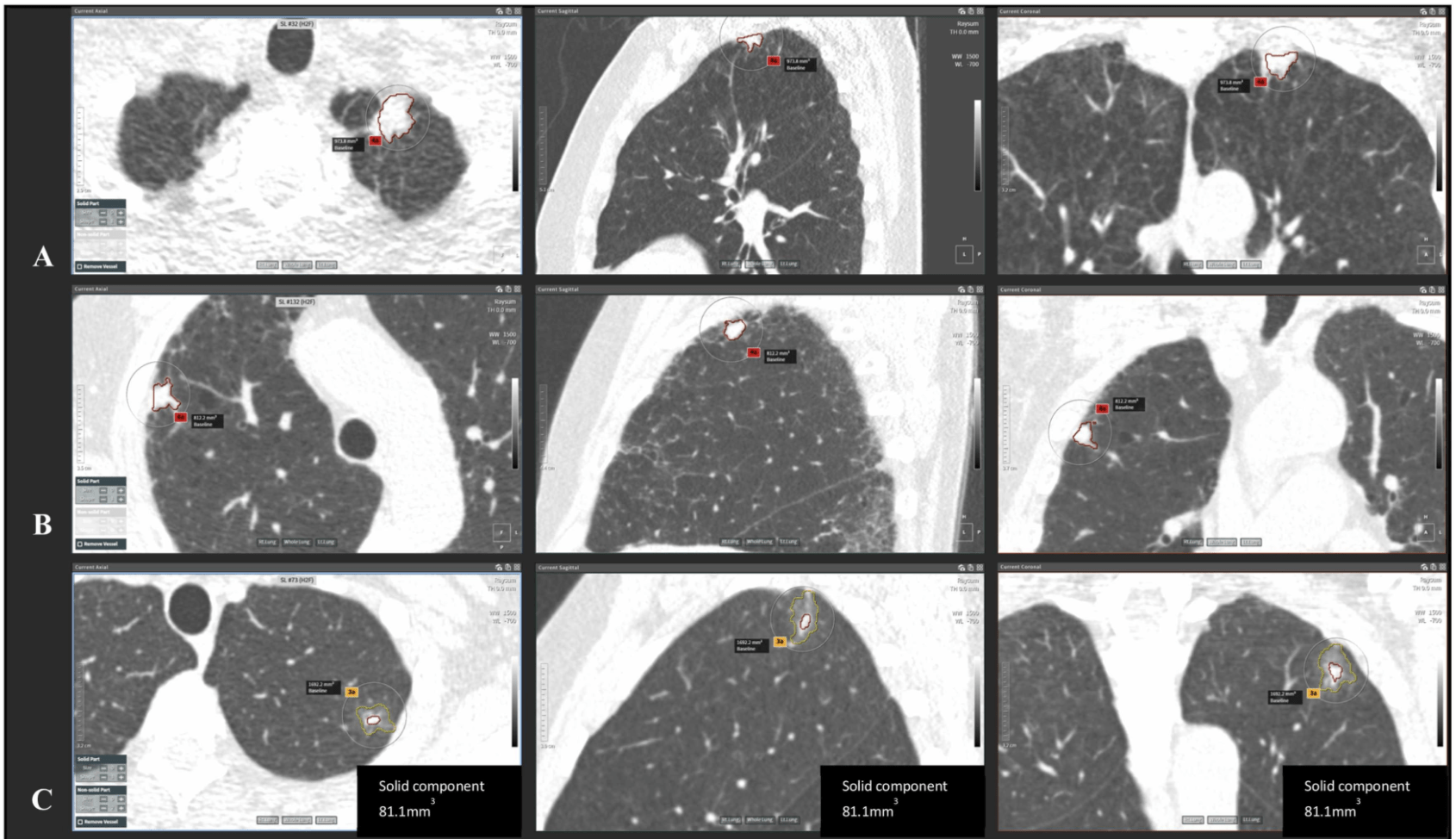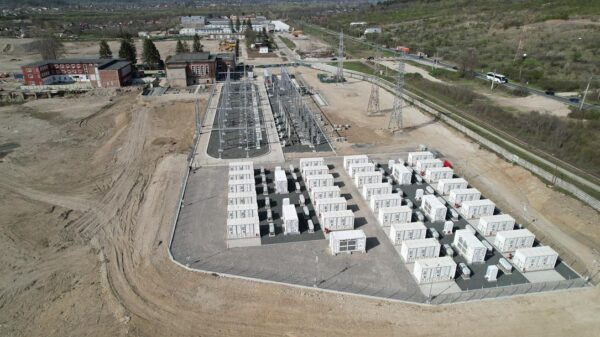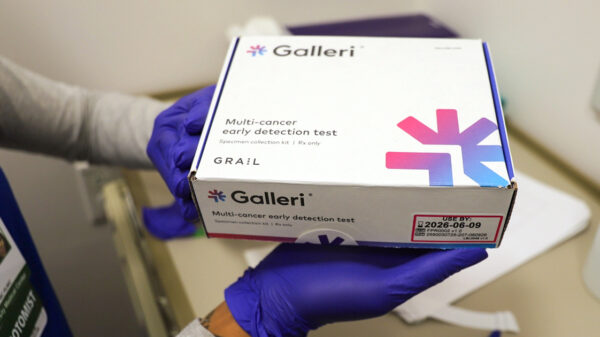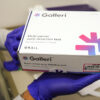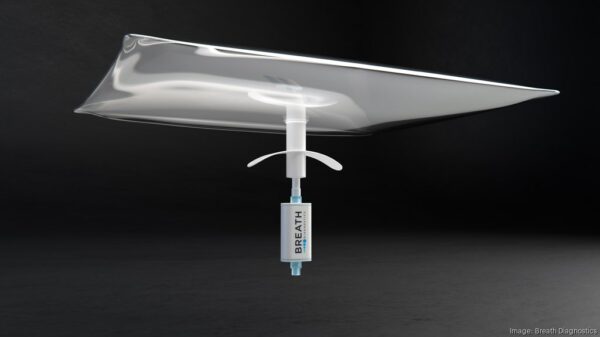Low-dose CT scans are currently the only FDA-approved lung cancer screening measure, but they have significant drawbacks. A high rate of false positives combined with a hefty demand on radiologists who need to spend time examining results are two of the primary flaws.
Thankfully, researchers from the University of Liverpool (U of L) and the Research Institute for Diagnostic Accuracy in the Netherlands may have found a means of solving this problem to a significant extent.
These investigators found that artificial intelligence serves as a highly beneficial first-line filter to accurately rule out negative results. They say it could potentially lighten the workload of radiologists by as much as 79 per cent.
“Radiologist expertise can then be used to analyze CT-scans with larger lung nodules which have a higher likelihood of being lung cancers,” study author,
She says AI was capable of detecting all baseline cancers in their study. It was able to identify scans without significant lung nodules with precision too. All of the scans from patients with confirmed lung cancer cases were flagged by the AI tool for additional review.
“AI detected ALL 31 baseline-round lung cancers with negative predictive value of 99.8 per cent [95 per cent confidence interval: 99.0-99.9 per cent]” another investigator, Jaeyoun Yi, pointed out on LinkedIn.
Their innovative research was led by John Field, Clinical Professor of Molecular Oncology at the U of L, and published in the European Journal of Cancer on Feb. 24.
Read more: Breath Diagnostics onboards new president and closes critical financing
Read more: Breath Diagnostics pioneers novel lung cancer breath test
Previous research has yielded similar findings
AI has been continually proving itself as a game changer in lung cancer diagnostics.
A systematic review published in the journal Thorax at the end of 2024 found that artificial intelligence-assisted examination consistently outperformed unaided low-dose CT scan readings by radiologists during 11 studies with more than 19,000 patients.
Moreover, a January study posted in the peer-reviewed science journal Signal Transduction and Targeted Therapy determined that AI was highly accurate at identifying malignant nodules in these scans. This finding demonstrated that the technology can help reduce unnecessary follow ups immensely.
Artificial intelligence is becoming a vital tool for radiologists. This will only become more apparent within the next couple of years as it continues to rapidly evolve.
“AI outperforms radiologists with significantly less negative misclassifications and therefore shows promise as first reader in a lung cancer screening program at baseline by independently ruling-out negative cases without substantially increasing the risk of missed clinical referrals,” another low-dose CT scan study in the European Journal of Cancer, concluded in December.
rowan@mugglehead.com

